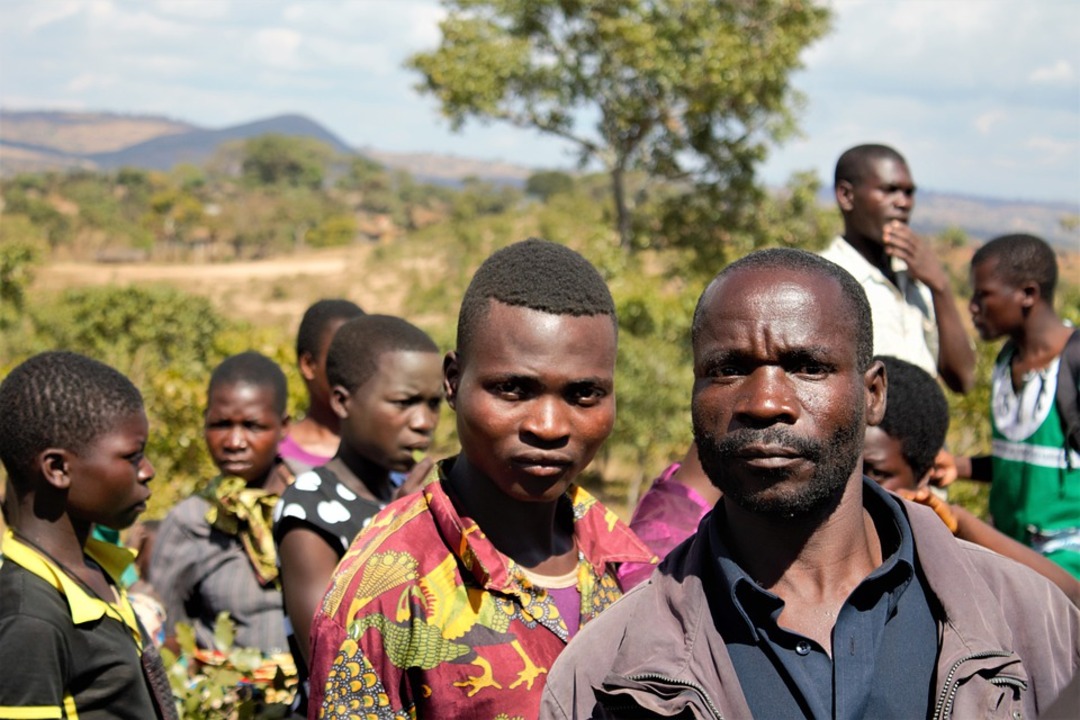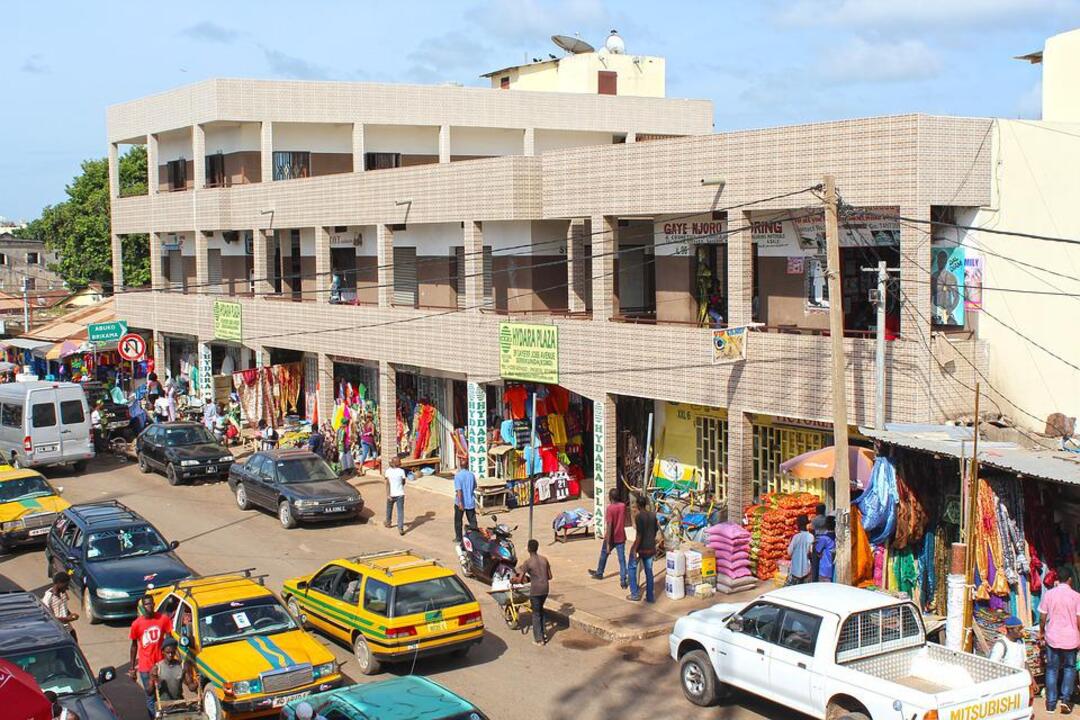-
IMF warns neglecting Africa now will lead to labour shortages globally

The International Monetary Fund’s director for the continent has said that the international community would be “playing with fire” if it failed to help Africa recover from Covid and the impact of the Ukraine war.
Abebe Aemro Selassie, director of the IMF’s Africa department, told the Guardian that failure to invest and support the continent was shortsighted and detrimental to the global economy, as half of the new entrants into the global workforce over the next decade would come from sub-Saharan Africa.
He said: “In 10 years, one out of every two individuals entering into the global labour force will come from sub-Saharan Africa – the very children whose education the pandemic has disrupted.”
“The human capital we need to motor the global economy is not getting the attention it needs. It’s a massive collective failure,” he added.
“Almost certainly – unless we think robots are going to take care of everything – there is going to be a shortage of labour in most advanced economies, and even elsewhere.

“Despite all the innovations we have had, labour has shifted from one sector to another, and 60-70% of the population has remained in work.
“People will move to different professions, but people will still keep working. Globally, we are going to need labour to complement capital, and that labour input can, increasingly, only come from Africa.”
Africa to face 'very serious' famine if wheat problem not solved
Covid, the Russian invasion of Ukraine (which has disrupted global supply chains and led to soaring commodity prices) and falling aid budgets had exacerbated the continent’s already slowing economies, he said.
Selassie, who has worked at the IMF for 28 years, added that the successes seen across the continent since the 1990s – the result of domestic reforms, a booming global economy, and generous aid and debt relief packages – had “gone into reverse”.
The UK government, the fourth largest donor, has cut aid spending from 0.7% of its gross national income to 0.5%, which resulted in a 20% reduction in funding between 2020 and 2021 – from £14.4bn to £11.5bn.
South Africans struggle in the dark to cope with power cuts
The Foreign, Commonwealth and Development Office has also halved humanitarian aid spending from £1.53bn in 2020 to £744m in 2021.
Despite the difficulties Africa was facing, Selassie had “absolutely no doubt” about the region’s future, he said. “One way or another, it will develop,” he added.
“The question is: can we accelerate this development and avert too many people suffering in that process?”
Source: theguardian
You May Also Like
Popular Posts
Caricature
BENEFIT Sponsors BuildHer...
- April 23, 2025
BENEFIT, the Kingdom’s innovator and leading company in Fintech and electronic financial transactions service, has sponsored the BuildHer CityHack 2025 Hackathon, a two-day event spearheaded by the College of Engineering and Technology at the Royal University for Women (RUW).
Aimed at secondary school students, the event brought together a distinguished group of academic professionals and technology experts to mentor and inspire young participants.
More than 100 high school students from across the Kingdom of Bahrain took part in the hackathon, which featured an intensive programme of training workshops and hands-on sessions. These activities were tailored to enhance participants’ critical thinking, collaborative problem-solving, and team-building capabilities, while also encouraging the development of practical and sustainable solutions to contemporary challenges using modern technological tools.
BENEFIT’s Chief Executive Mr. Abdulwahed AlJanahi, commented: “Our support for this educational hackathon reflects our long-term strategic vision to nurture the talents of emerging national youth and empower the next generation of accomplished female leaders in technology. By fostering creativity and innovation, we aim to contribute meaningfully to Bahrain’s comprehensive development goals and align with the aspirations outlined in the Kingdom’s Vision 2030—an ambition in which BENEFIT plays a central role.”
Professor Riyadh Yousif Hamzah, President of the Royal University for Women, commented: “This initiative reflects our commitment to advancing women in STEM fields. We're cultivating a generation of creative, solution-driven female leaders who will drive national development. Our partnership with BENEFIT exemplifies the powerful synergy between academia and private sector in supporting educational innovation.”
Hanan Abdulla Hasan, Senior Manager, PR & Communication at BENEFIT, said: “We are honoured to collaborate with RUW in supporting this remarkable technology-focused event. It highlights our commitment to social responsibility, and our ongoing efforts to enhance the digital and innovation capabilities of young Bahraini women and foster their ability to harness technological tools in the service of a smarter, more sustainable future.”
For his part, Dr. Humam ElAgha, Acting Dean of the College of Engineering and Technology at the University, said: “BuildHer CityHack 2025 embodies our hands-on approach to education. By tackling real-world problems through creative thinking and sustainable solutions, we're preparing women to thrive in the knowledge economy – a cornerstone of the University's vision.”
opinion
Report
ads
Newsletter
Subscribe to our mailing list to get the new updates!






















